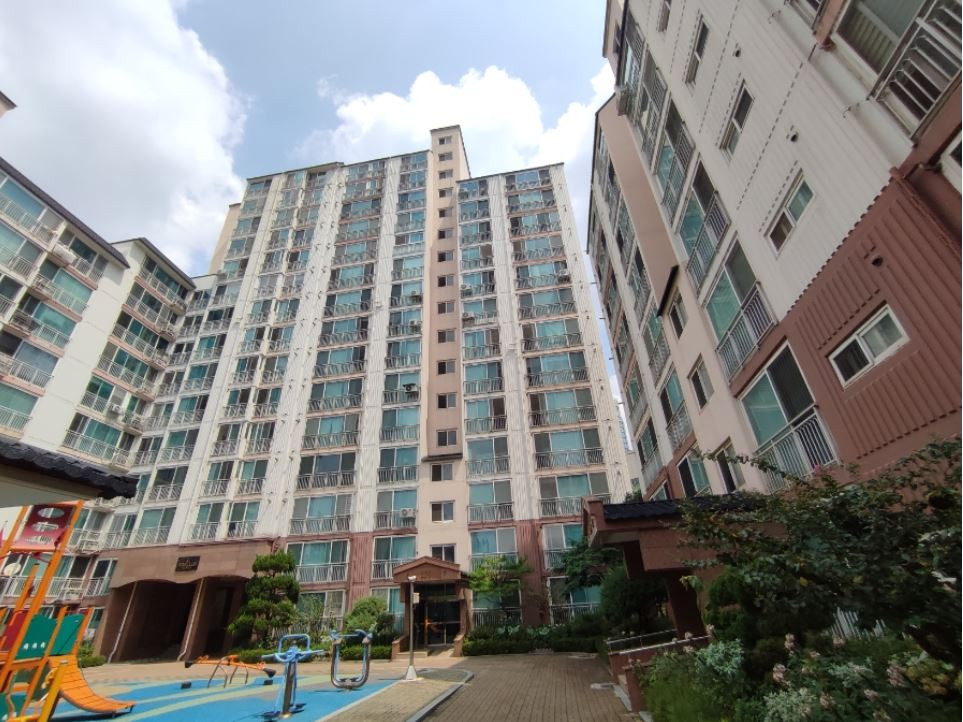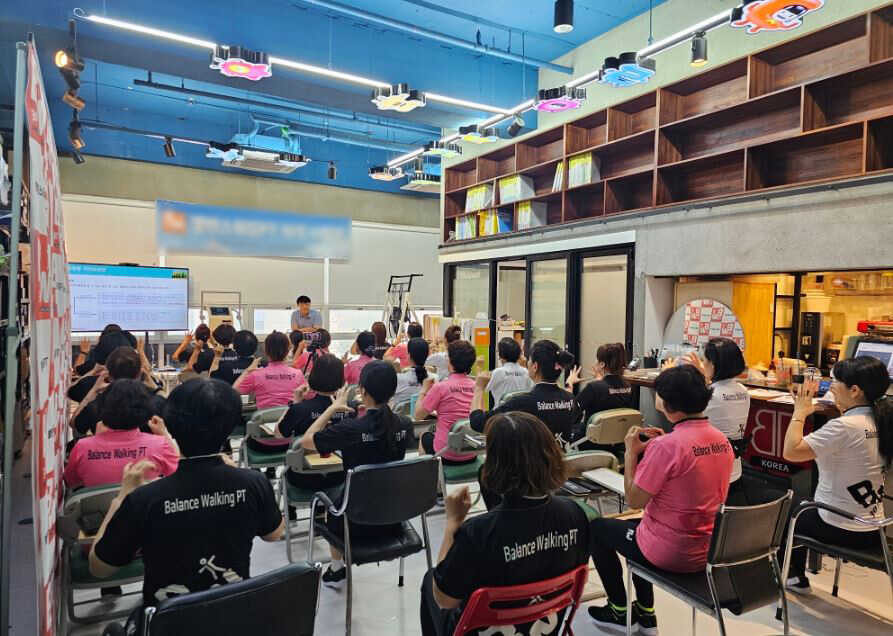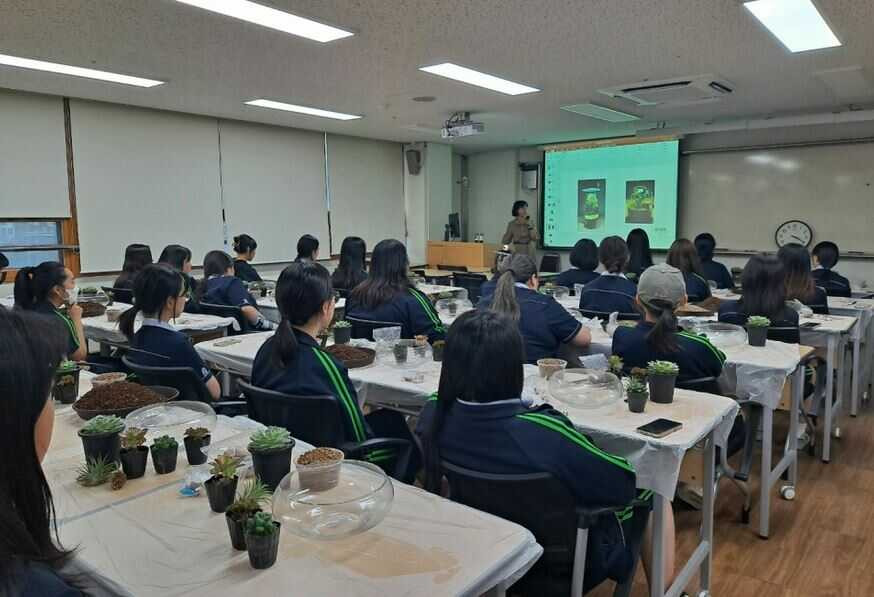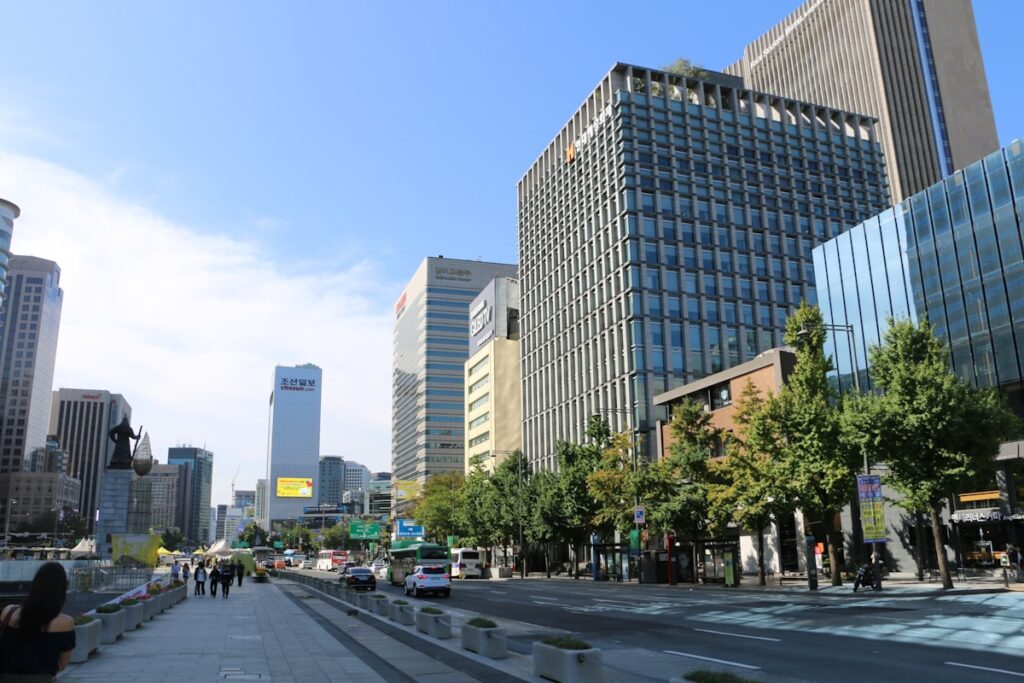
Seoul, the capital of South Korea, is no longer a city that’s only gaining attention within Korea’s borders. Today, Seoul has established itself as a global international city and holds a significant position in the international arena. Let’s explore the reasons behind Seoul’s rise as a global international city.
1. Economic hub
Seoul serves as the economic epicenter of South Korea, housing the headquarters of global corporations and international financial institutions. The city has a significant impact on the Asian and global economy, making it an important business hub with international recognition.
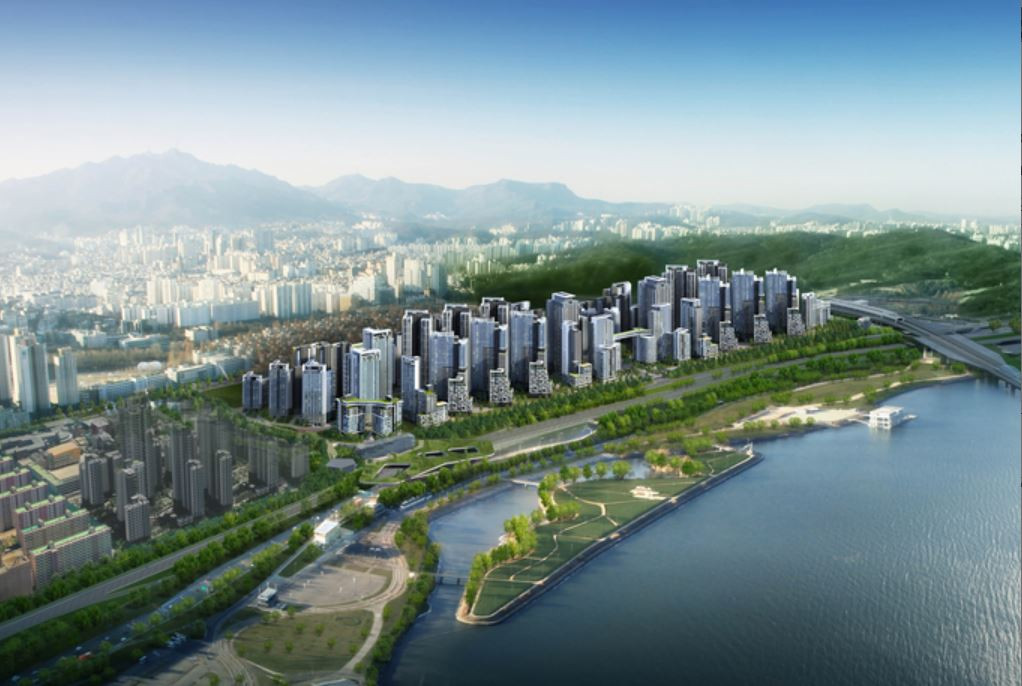
2. Host of international conferences and events
Seoul is known for hosting international conferences and events. High-profile events such as the G20 Summit have been held here, demonstrating the city’s international influence. In addition, Seoul actively organizes international conferences and events in various fields.

3. International Air Hub
Incheon International Airport is strategically located on major flight routes to Asia and worldwide destinations. This positions Seoul as an international air hub, providing convenient access for foreign tourists and business travelers. Incheon International Airport is known for its world-class services and modern facilities.
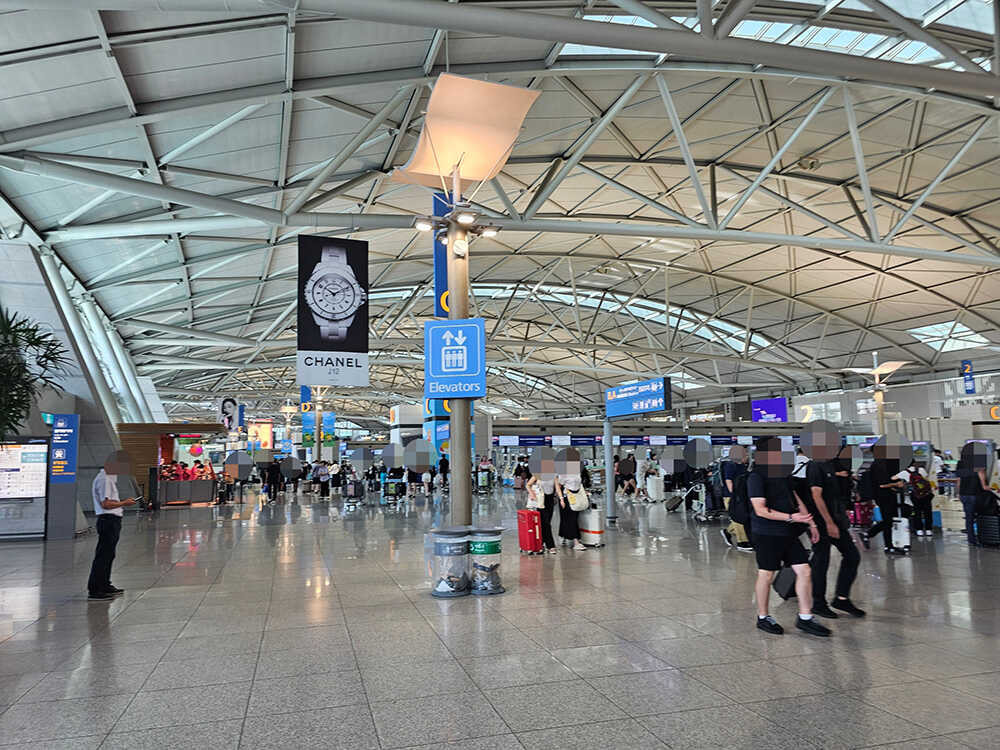
4. Technology and Innovation
Seoul is becoming a smart city that emphasizes advanced technology and innovation. This technological advancement is attracting international and high-tech companies and enhancing the city’s global standing. Seoul’s smart city projects and cutting-edge research in information technology make it a model for smart urban development.

5. Cultural and Entertainment Center
The Hallyu wave has catapulted Korean culture and entertainment onto the global stage, with Seoul at its epicenter. K-pop, K-dramas, Korean cinema and more enjoy immense popularity worldwide, expanding Seoul’s cultural influence. The city hosts international music festivals, film festivals, art exhibitions, and promotes global cultural exchange.
6. International Cooperation and Cultural Exchange
Seoul actively cooperates with various international cities and promotes cultural exchanges. Through cultural exchange programs, international festivals, artistic collaborations and more, Seoul strengthens its ties with the global community and provides opportunities to experience different cultures and values.
Seoul firmly maintains its role as a global international city, gaining recognition in various fields including business, culture, technology and international cooperation. As a result, it has earned a reputation as an open city that welcomes people of diverse nationalities and cultures. Expect Seoul to continue to grow and evolve on the international stage, offering its unique charm and global vibrancy to all who visit.


